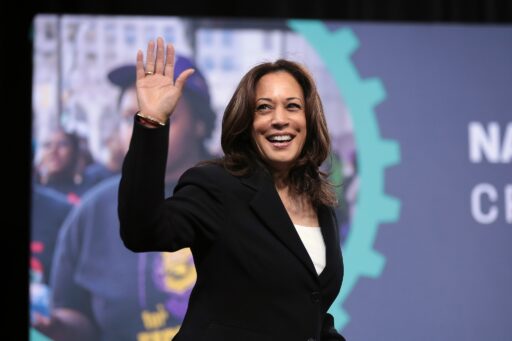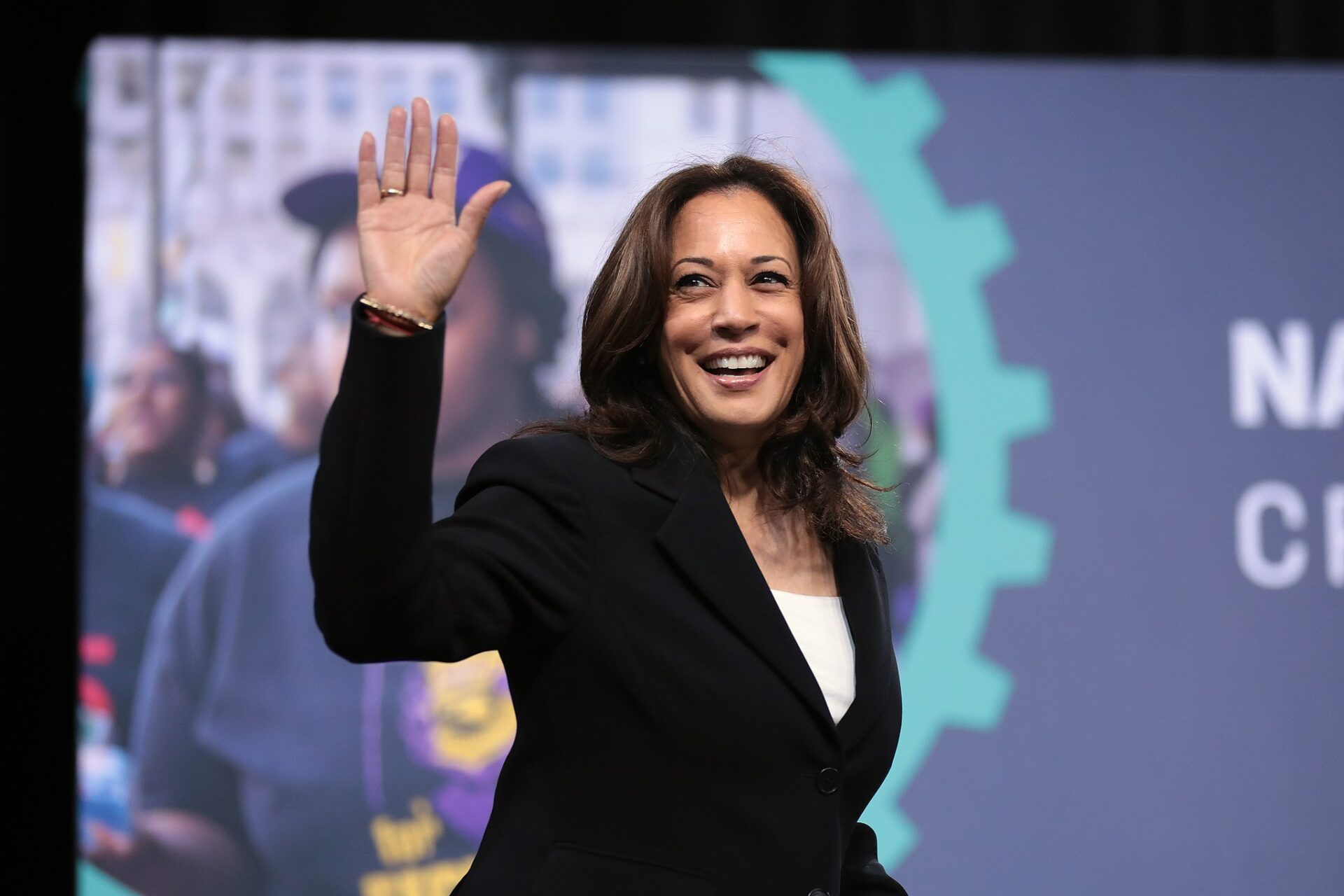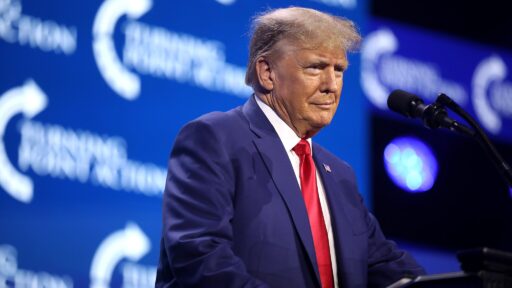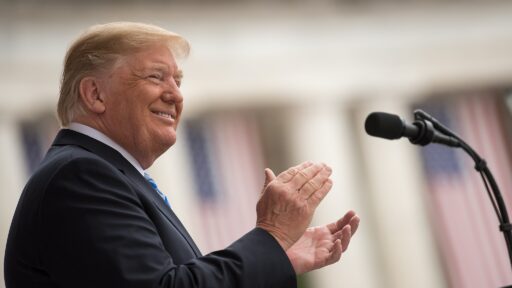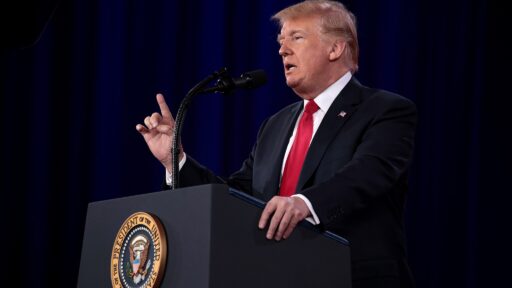Economists have already warned us about Kamala and it appears they are right.
As the Democratic National Convention commences in Chicago, Vice President Kamala Harris is advocating for an increase in the corporate income tax rate to 28 percent. This proposal is part of her broader economic strategy aimed at bolstering the middle class, enhancing their economic security, stability, and overall dignity, as highlighted by her campaign spokesperson James Singer.
Harris, who entered the presidential race last month following President Biden’s withdrawal due to concerns about his age and mental fitness, has been articulating her policy vision in the lead-up to the convention. Her economic agenda includes a variety of ambitious proposals designed to address what she describes as corporate misconduct and enhance revenue streams for government programs.
Among her key proposals is the plan to tackle corporate “price gouging” and to raise the corporate tax rate. This move is intended to generate additional revenue to support her extensive policy initiatives. According to a 2018 analysis by the nonpartisan Congressional Budget Office, increasing the corporate tax rate by 1 percent could raise nearly $100 billion over a decade.
This proposal stands in stark contrast to former President Donald Trump’s economic policies. Under Trump’s 2017 tax reform, the corporate tax rate was significantly reduced from 35 percent to 21 percent. Trump even suggested further reducing the rate to 20 percent during a private Business Roundtable event in June, where he met with leading business executives.
Harris’s campaign argues that her approach is more fiscally responsible compared to Trump’s. “Unlike Donald Trump, whose extreme Project 2025 agenda could exacerbate the deficit, increase middle-class taxes by $3,900, and potentially lead to an economic downturn, Harris’s plan is designed to ensure that billionaires and large corporations contribute their fair share while putting more money back in the pockets of working Americans,” Singer asserted. This contrast underscores Harris’s commitment to a vision of economic fairness and responsibility.


